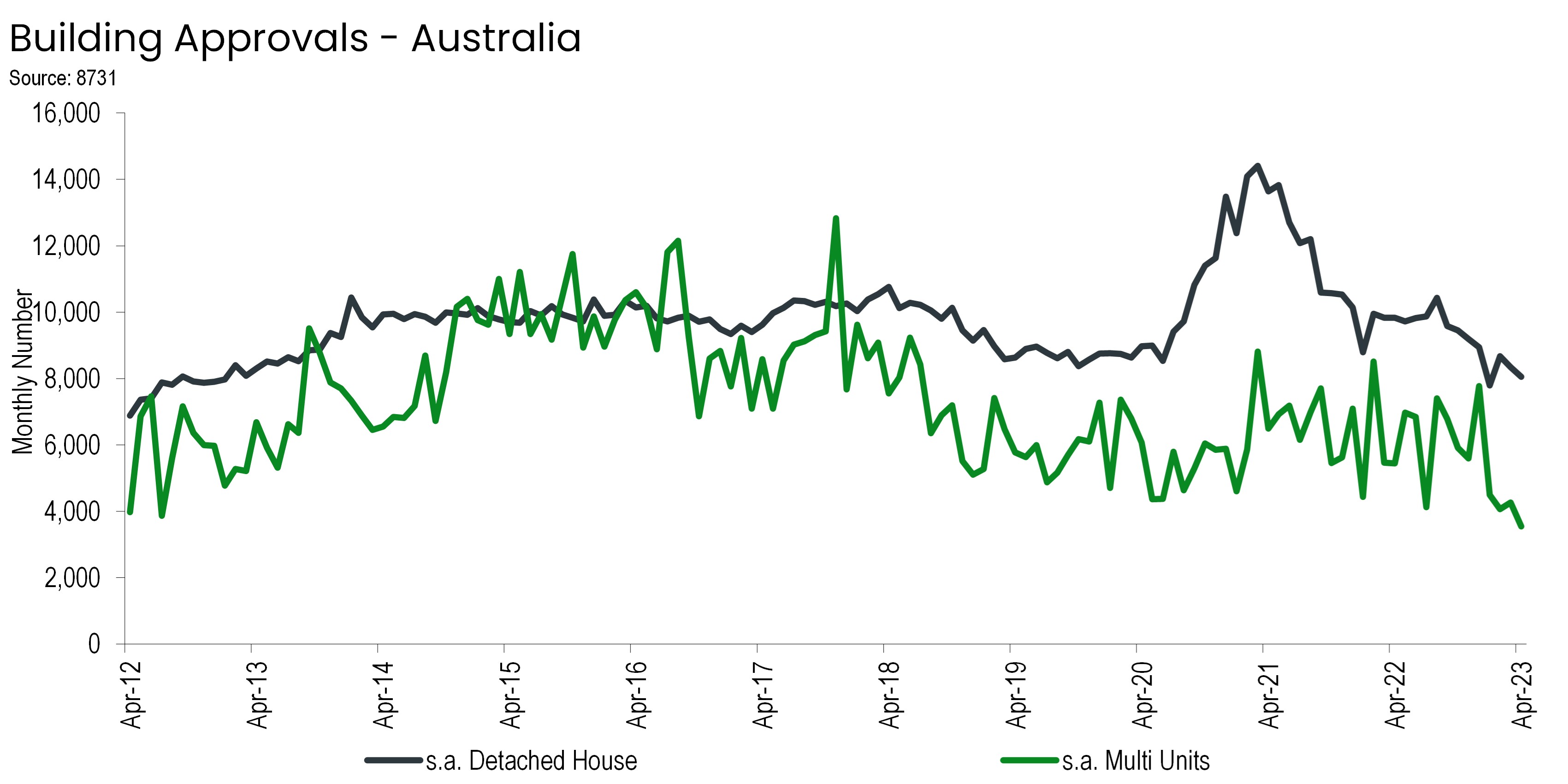House Economics Committee to focus on financial sector competition in upcoming APRA hearing
THE Australian Prudential Regulation Authority (APRA) will appear at a House of Representatives Standing Committee on Economics public hearing on Thursday, June 2.
APRA will be discussing the Review of the APRA Annual Report 2022 as well as giving evidence to the Inquiry into promoting economic dynamism, competition and business formation.
Chair Daniel Mulino MP said with the committee investigating issues including competition, business formation and productivity, APRA’s perspective on how these issues play out in Australia’s financial system would be invaluable.
"APRA must balance the benefits of efficiency, competition, contestability and competitive neutrality with financial stability — something that can be challenging to do as new technologies are introduced at rapid pace and great scale," Dr Mulino said.
"Australia is a world leader in FinTech, and APRA plays a critical role in balancing risk with the opportunities, such as broader consumer choice, that these technologies provide."
The committee will also be discussing the wider activities of APRA as part of its review of the agency’s 2021-22 Annual Report.
"APRA is an essential pillar of our regulatory environment. Strong and proactive prudential supervision and the promotion of financial system stability is one of the reasons Australia’s financial system is one of the safest in the world," Dr Mulino said.
"Superannuation, insurance and banking are central elements of Australians’ lives — and understanding the challenges facing APRA in these areas is of continual interest."
More details about the inquiries and upcoming public hearings are available on the committee’s website.
Public hearing details
Date : 2 June 2023Time : 9am to 11.30amLocation : Committee Room 1R3, Parliament House, Canberra
The public hearing will also be broadcast live at aph.gov.au/live.
ends
- Created on .


